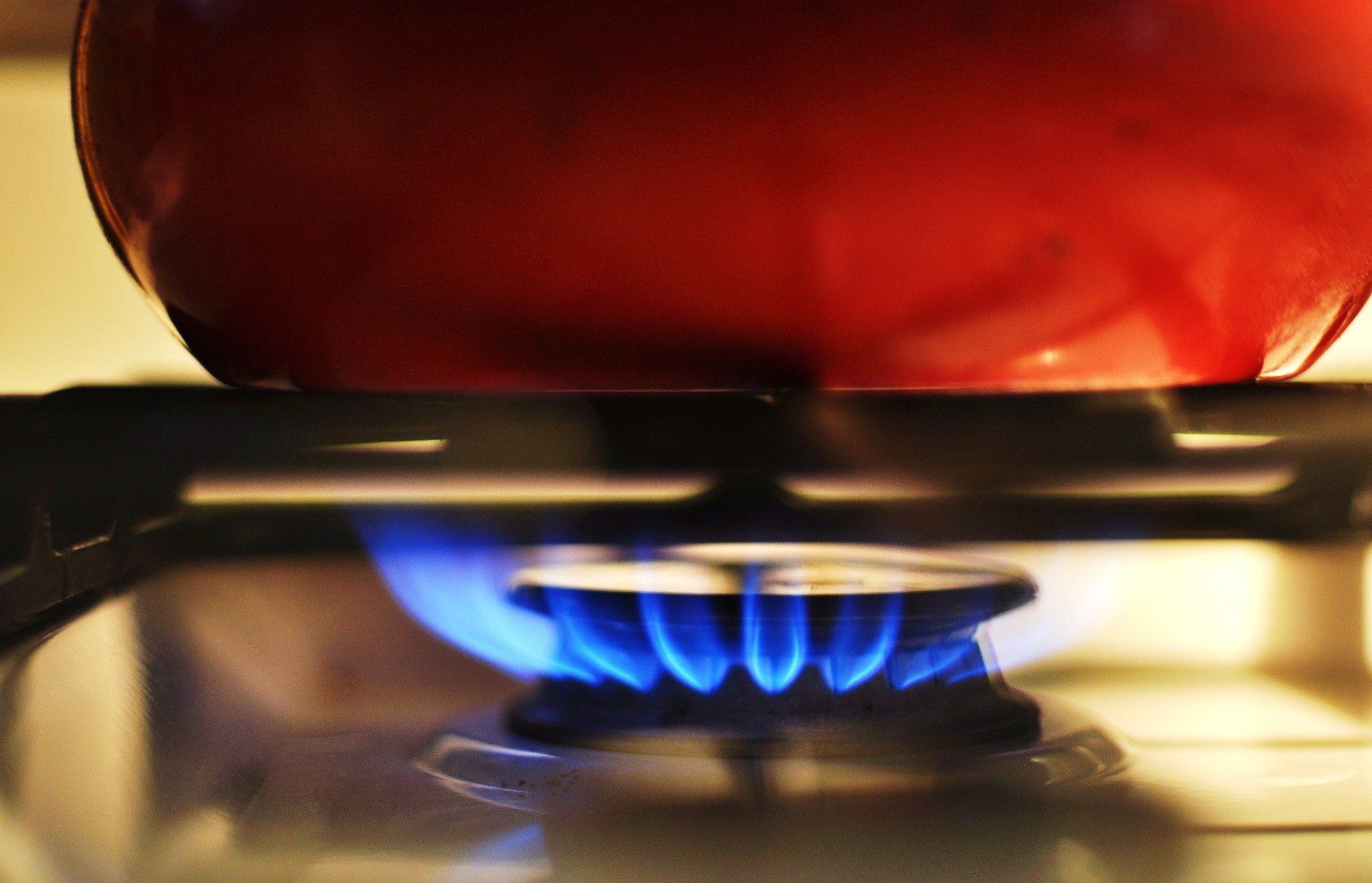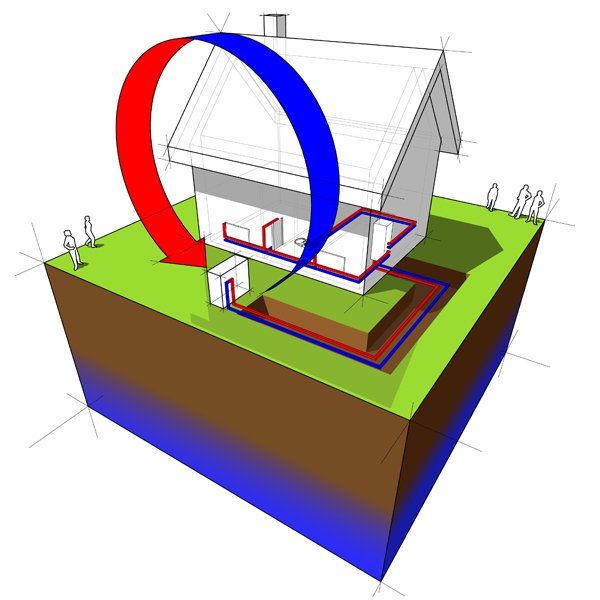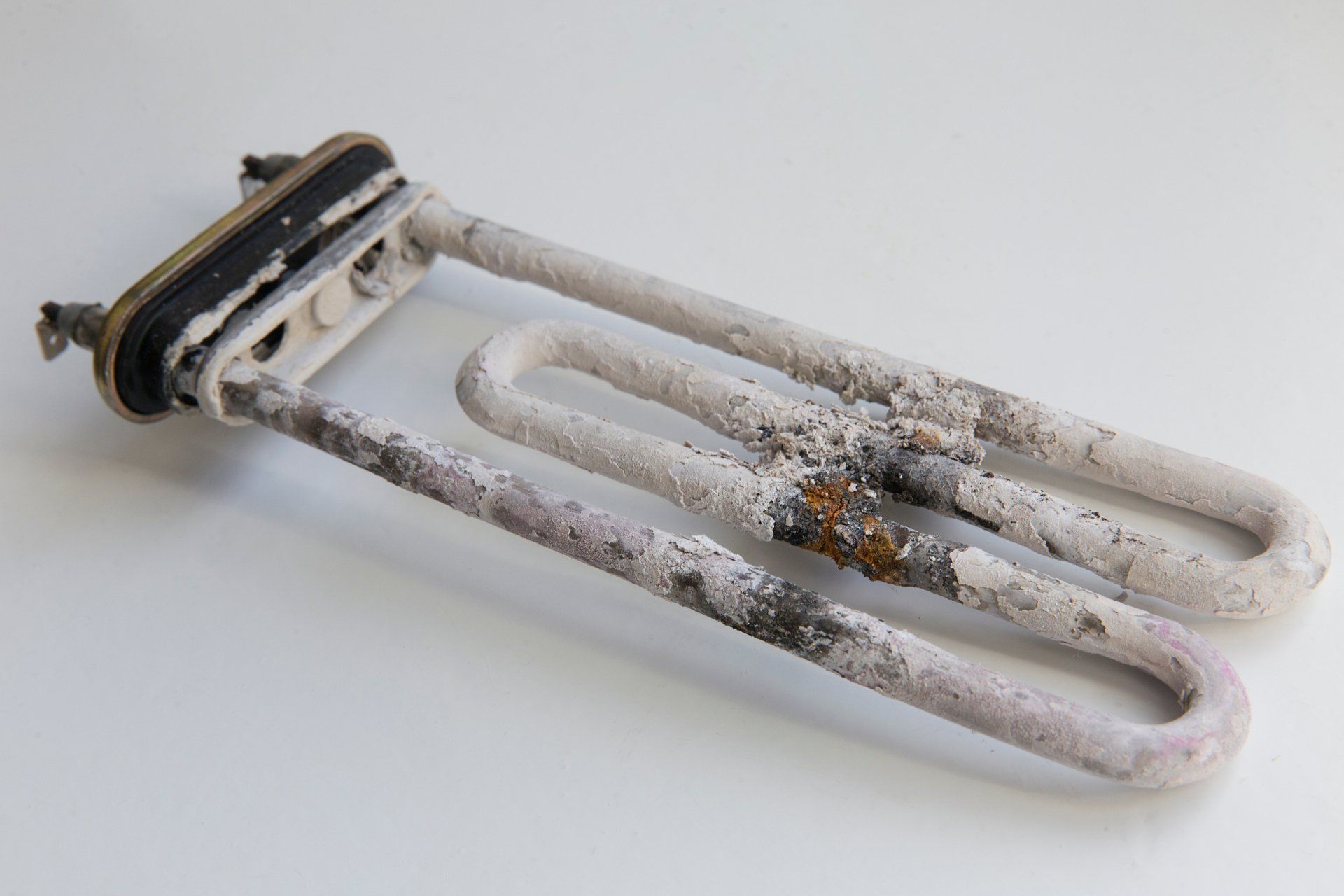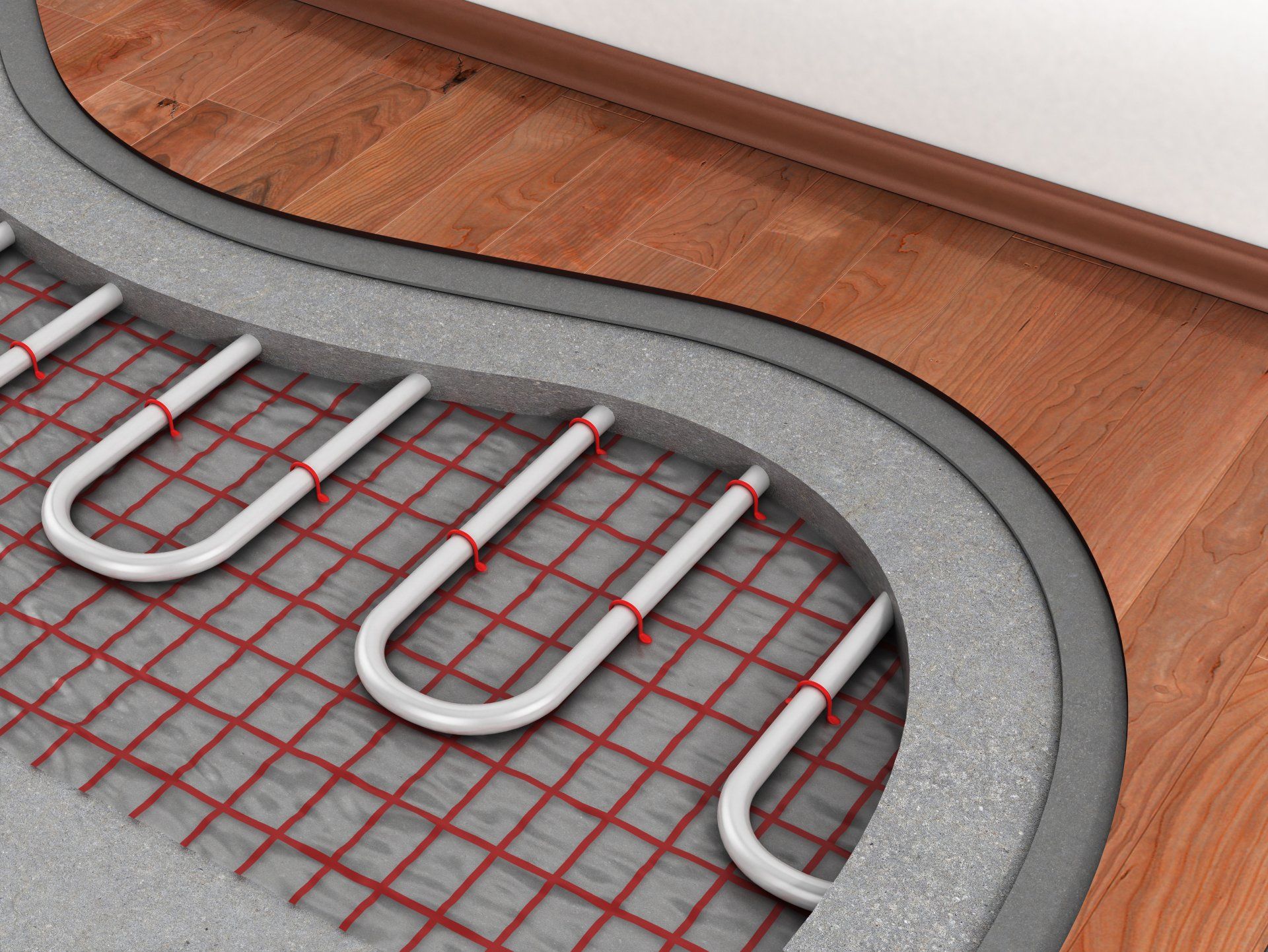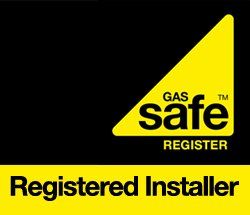Blog
Understanding your gas safety responsibilities and protecting your tenants.
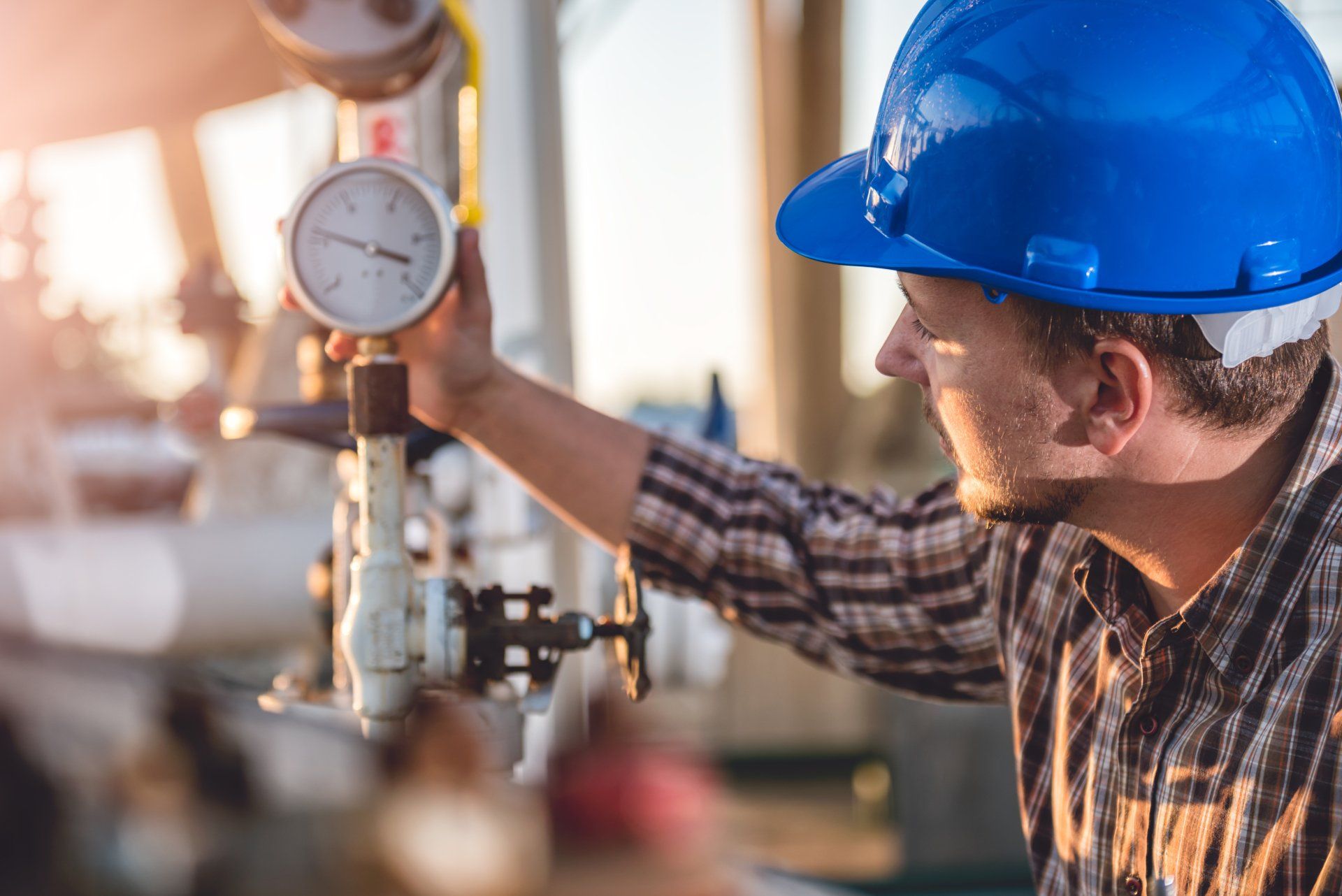
At APB Plumbing, we take gas safety seriously. For this reason, we have put together this handy guide for private landlords, so you can be assured that you are doing everything you need.
Call or email us for further information or to book an appointment.
Who is a landlord?
A landlord is anyone who rents out a property they own under a lease or a licence that is shorter than seven years. This may include a room in a private household, a bed-sit, a flat above a shop, an annexe, but also a block of flats, bed and breakfast accommodation, a hotel or even a narrowboat!
Even if you rent your property out using a managing agent, the responsibility for gas safety remains with the landlord unless it is clearly stated in the managing contract that the agent will carry out this task. If you rent out multiple properties, each will require its own certificate.
Coronavirus (COVID-19): Advice for landlords
The HSE have provided specific guidance for landlords, to help them understand their responsibilities during the pandemic. https://www.gassaferegister.co.uk/help-and-advice/covid-19-advice-and-guidance/landlords.
This information applies only to England. Landlords in Wales, Scotland and Northern Ireland must check local guidelines.
What are your responsibilities as a landlord when it comes to gas safety?
As a landlord, you are responsible for the safety of your tenants. The Gas Safety (Installation and Use) Regulations 1998 cover a landlord’s duties to make sure gas appliances, fittings, chimneys and flues provided for his/her tenants are safe and working correctly.
For gas appliances, the three main legal responsibilities for a landlord are annual gas safety checks, providing the correct records to tenants and carrying out regular maintenance.
- Gas safety checks
To ensure your tenants’ safety, all gas appliances and flues need to undergo an annual gas safety check - and always by a Gas Safe registered engineer. Think of gas boilers, gas cookers or gas fires. The regulations specify that a safety check must be carried out within 12 months of installation for any appliance you provide, and thereafter every year. Once this has been done, your gas engineer will provide you with a Landlord Gas Safety Record or Gas Safety Certificate. This includes details of all the checks that were carried out, and is also sometimes referred to as a CP12 certificate.
It’s worth noting that while tenants are responsible for their own gas appliances, you, as the landlord, are still responsible for the pipework they’re connected to. - Gas safety record
As a landlord, you must provide proof of the annual gas safety check to your tenants. This can be done in several ways: - Current tenants: By law, a copy of your current Landlord Gas Safety Record should be given to your tenants within 28 days of the gas safety check.
- New tenants: A copy of your current Landlord Gas Safety Check must be provided at the start of their tenancy.
- Short-term tenancies: For properties where rental periods tend to be less than 28 days, it is sufficient to clearly display a copy of the current Gas Safety Check in the property.
You will need to keep copies of any gas safety check record until a further two checks have been carried out. If the gas safety check highlighted issues of non-compliance, you must also provide proof that work has been carried out to fix the problem. - Maintenance
Landlords must make sure that all gas pipework, appliances, chimneys and flues are kept in safe condition. Check the gas appliances’ manufacturer guidelines (usually found in or with the user manual) to find out how often a service is recommended. If you are unsure, opt for an annual service visit. Please note that proof of annual maintenance is not the same as a gas safety certificate.
There are no formal requirements for you to provide maintenance records to tenants, but you must be able to show that you have regularly maintained the pipework, appliances and flues and have completed required repairs.
What if I can’t get access to my rented property?
The tenancy agreement should allow the landlord access for maintenance or safety checks, but if your tenant refuses you or your engineer access, you must show you've taken all 'reasonable steps' to comply with the law.
This includes repeated attempts (HSE inspectors will look for proof of at least 3 attempts) to carry out the checks and writing to the tenant to explaining that safety checks are a legal requirement in place for their own safety.
Keep a record of any action you take; you may need this at a later date.
How much does a Landlord Gas Safety check cost?
The cost of your Landlord Gas Safety check will depend on the Gas Safe registered business which carries out your annual gas safety check, as well as on the number of appliances that need to be inspected. Here at APB Plumbing, we carry out gas safety checks and maintenance island-wide, and we will be happy to provide you with a no-obligation quote.
Additional information
It’s always a good idea to ensure your tenants know where and how to turn the gas off and what to do in the event of a gas emergency.
Last but not least, make sure it is always a Gas Safe registered and qualified engineer who is carrying out gas maintenance or a gas safety check. Landlords are legally required to make sure this is the case - and it’s the most important step to ensuring your tenants’ safety.
A handy landlord’s gas safety checklist:
- Check Gas Safe Register to find a qualified and registered engineer
- Check with your tenants for convenient days for an engineer to call
- Book an appointment in the 10th to 12th month following your previous check
- Make sure any necessary repairs are carried out
- Give a copy of the Gas Safe Record form to your tenants and file a copy for your records
- Set a reminder for your next check in 10-12 months' time
Share this story
More articles





